The views expressed in our content reflect individual perspectives and do not represent the authoritative views of the Baha'i Faith.
Know thou, of a truth, these great oppressions that have befallen the world are preparing it for the advent of the Most Great Justice. – Baha’u’llah, quoted by Shoghi Effendi in The Advent of Divine Justice, p. 27.
With all of the chaos and confusion of the last few months surrounding the extrajudicial killings of Michael Brown and Eric Garner and so many others, I realize that I haven’t had enough time to reflect on what’s actually going on in my head and heart, particularly as it relates to my experience as a Black American Baha’i.
Yes, I did say Black, because that’s what I am, what I love being. I do see color, and I see it as an asset… a blessing even. Actually, anytime that race comes up–which is practically every minute of the day at this point–my go-to Baha’i document has become the masterful, insightful book The Advent of Divine Justice, Shoghi Effendi’s love letter to the Baha’is of North America, and required reading for anyone hoping to get a handle on the true nature of the racial situation in America and the world.
This powerful book clears up any confusion, in my opinion, about the particular issue of race. That’s because many of us have not taken the time to develop a mature and informed perspective around issues of racial unity and justice. We borrow and rehash the terms and tools born from a discourse that was never meant to facilitate a permanent resolution of the issue.
Let’s face it–we live immersed in a murky haze on the issue of race, which has consistently surrounded and informed us, and not indirectly or metaphorically, that all blacks are beings of an inferior order…and so far inferior that they had no rights which the white society had to respect. A nation unaware, ignorant of, or oblivious of this fact can never hope to wrestle its culture away from the patent evil that is racial prejudice—which Shoghi Effendi termed a “corrosion” that “has bitten into the fiber, and attacked the whole social structure of American society.” – Advent of Divine Justice, p. 33.
Baha’is believe that Baha’u’llah brought divine teachings, and much like a skilled physician treating the disease of racism and prejudice, has diagnosed the malady, issued a prescription, and provided a means of devising plans for for the application of that divine justice. The Baha’i teachings have also redefined the vernacular and vocabulary necessary to have fruitful consultation and meaningful discourse around these crucial racial issues.
For example, one of these perversions lives deep in the hearts of many Americans and revolves around the two little words, “Black people.”
Robin D.G. Kelley, noted historian, states “Race was never just a matter of how you look, it’s about how people assign meaning to how you look.” Herein lies the issue. It’s not necessarily about skin color, it’s about a perversion of the meaning of skin color. It is about the fact that throughout the history of this nation, black has come to mean lazy, shiftless, suspect, violent, evil, bad, licentious, “not white.” That, I dare say, is the reason that #BlackLivesDon’tMatter quite as much as other lives; and why we are seen as moving targets as opposed to mobile souls–the required and essential shift in perception that must be made to combat and exorcise the specter of racial hatred.
The Baha’i Faith facilitates this change by uplifting the discourse, from merely a discussion of the alleviation of a social sickness to the higher realm of supernatural sanction. For Baha’is, to allow racism to continually erode away the foundations of our society is not only an affront to human dignity–it erects a veil between us and the Divine Spirit. It directly denies God’s mandate to ‘love thy neighbor.’ In the words of Shoghi Effendi:
The theories and policies, so unsound, so pernicious, which deify the state and exalt the nation above mankind, which seek to subordinate the sister races of the world to one single race, which discriminate between the black and the white, and which tolerate the dominance of one privileged class over all others — these are the dark, the false, and crooked doctrines for which any man or people who believes in them, or acts upon them, must, sooner or later, incur the wrath and chastisement of God. – The Promised Day is Come, p. 114.
The Baha’i Faith seeks justice, and recognizes it as the essential prerequisite to achieving unity. Baha’is see the diversity of the human family as a valued asset to the collective; and specifically desire the full acceptance of those of African descent:
O thou who art pure in heart, sanctified in spirit, peerless in character, beauteous in face! …Thou art dark in countenance and bright in character. Thou art like unto the pupil of the eye which is dark in colour, yet it is the fount of light and the revealer of the contingent world. – Abdu’l-Baha, Selections from the Writings of Abdu’l-Baha, p. 114.
This promise of divine justice is what I hold on to everyday. In this I have no doubts. I rest in the fact that Baha’u’llah came for me, that he lived and died for me and for all of those who find themselves on the margins of this society… the Michael Browns, Eric Garners, Trayvon Martins. Not only does this keep me, but it encourages me and reminds me that God loves me enough to allow me to share in building a kingdom of justice and equity.
You May Also Like
Comments



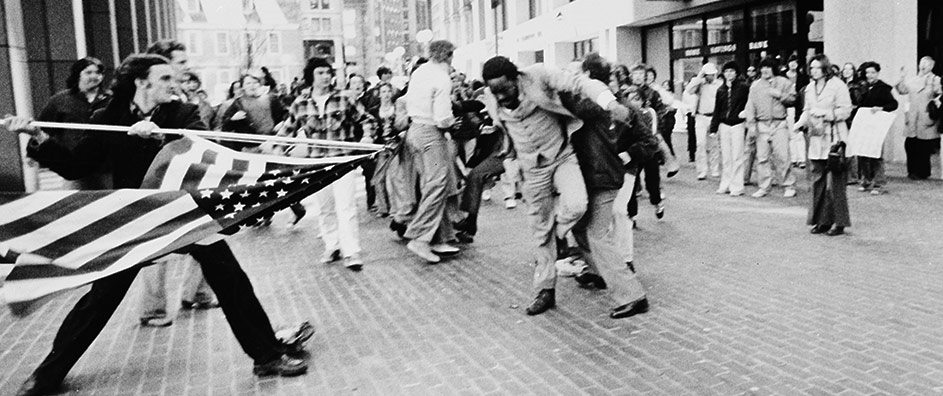
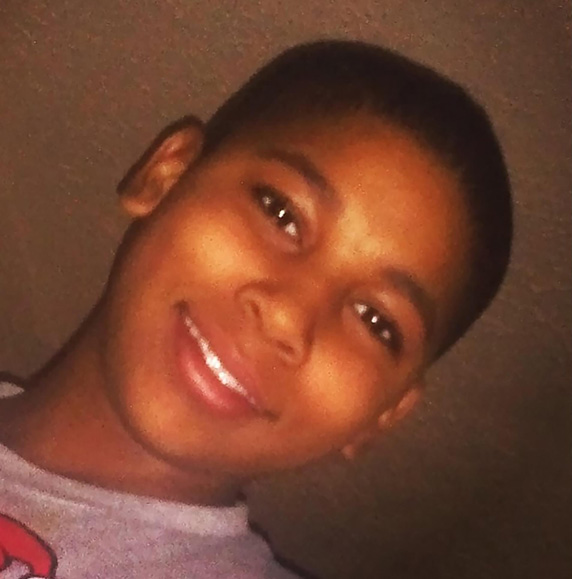
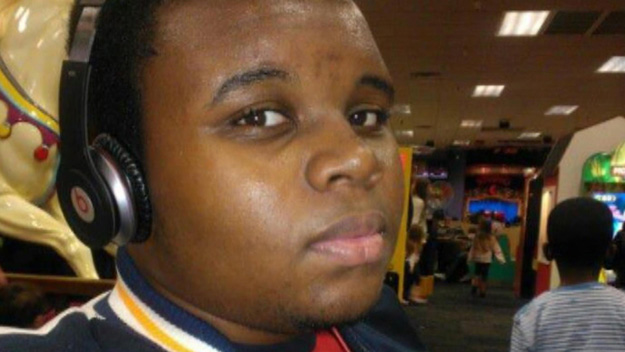
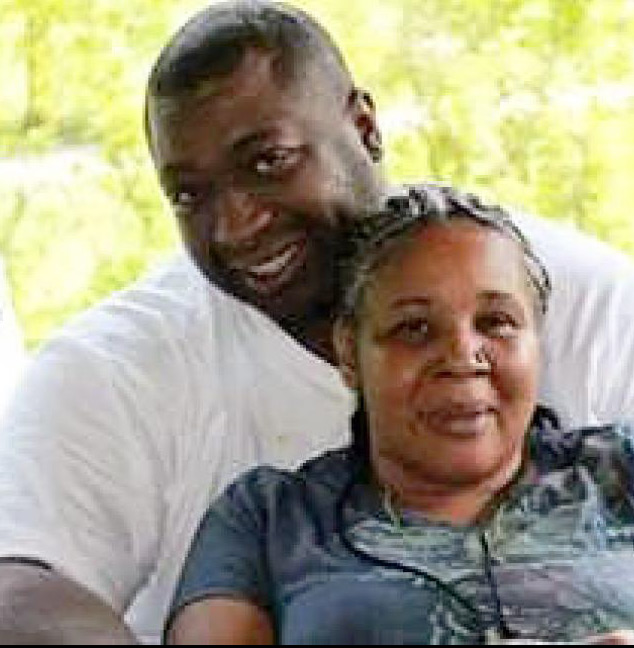
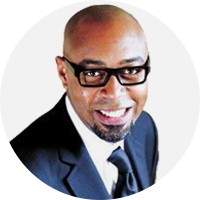
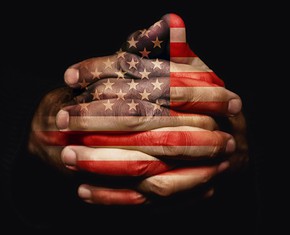
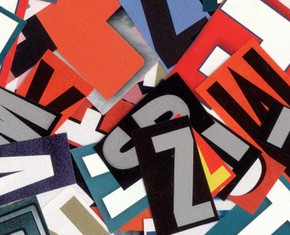
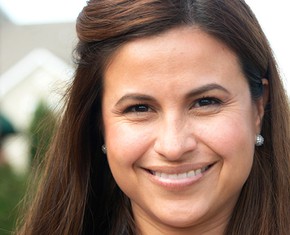









Thanks for posting that picture. As a baby Baha'i back in Boston when that photo was posted in a local paper, it made me sick at heart and scared, ashamed to call myself a Bostonian. Would Boston, like other U.S. cities, erupt again into racial violence like after Dr. King's assassination. What I see in that young man's look of hate and intended violence was the fear used by authorities, the system, if you will, to keep the races apart, separate, anything but equal. And he bought it, hook, line and sinker. Shoghi Effendi said it so well ...about racism, this cancerous materialism originally born in Europe. America will advance spiritually as Abdu'l Baha alluded too, even as it has by material degrees, but only after much pain, more sorrow, more bloodshed. Yet I keep my "eyes on the prize", the Most Great Justice, the World Order of Baha'u'llah, that precious Child of the Covenant.